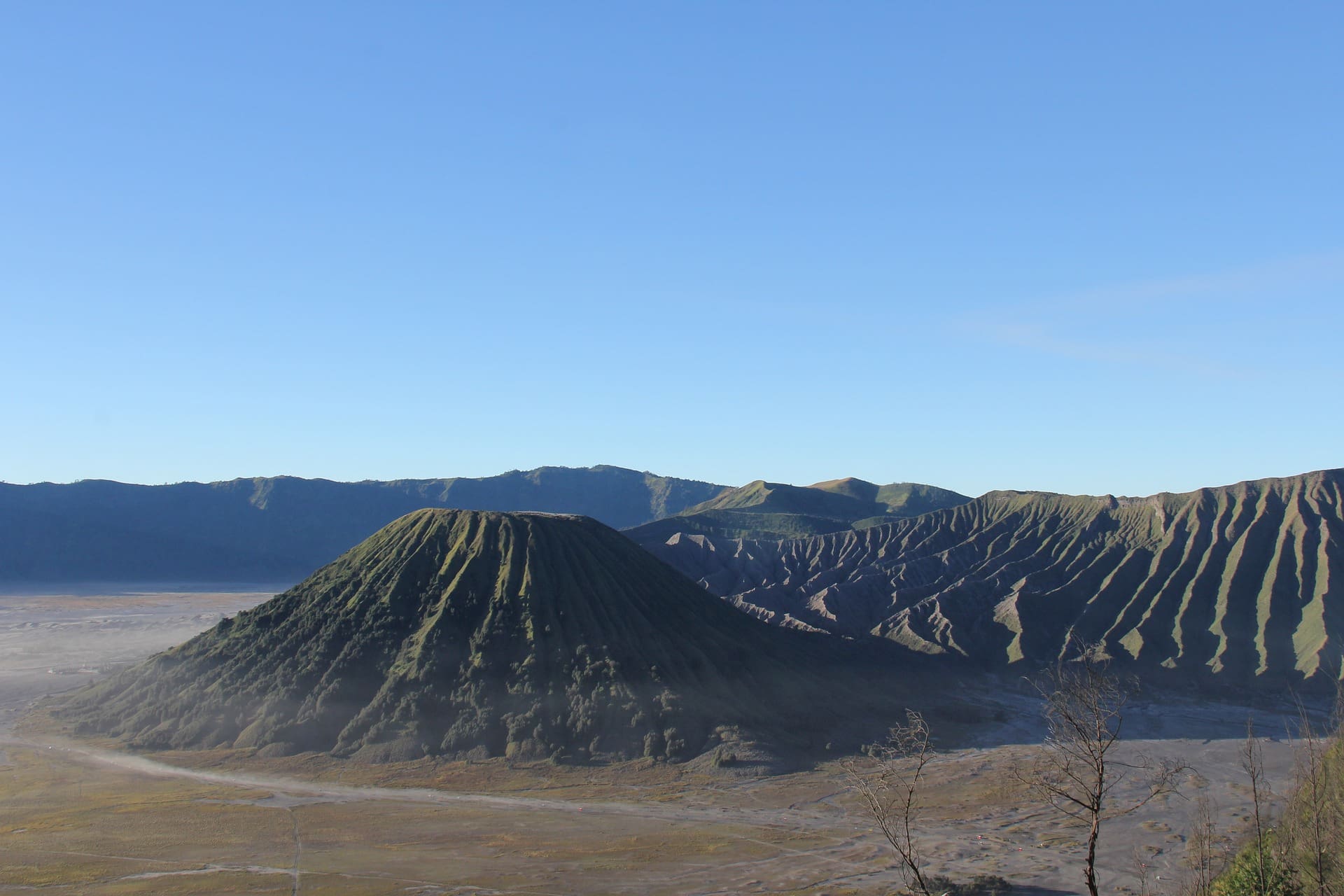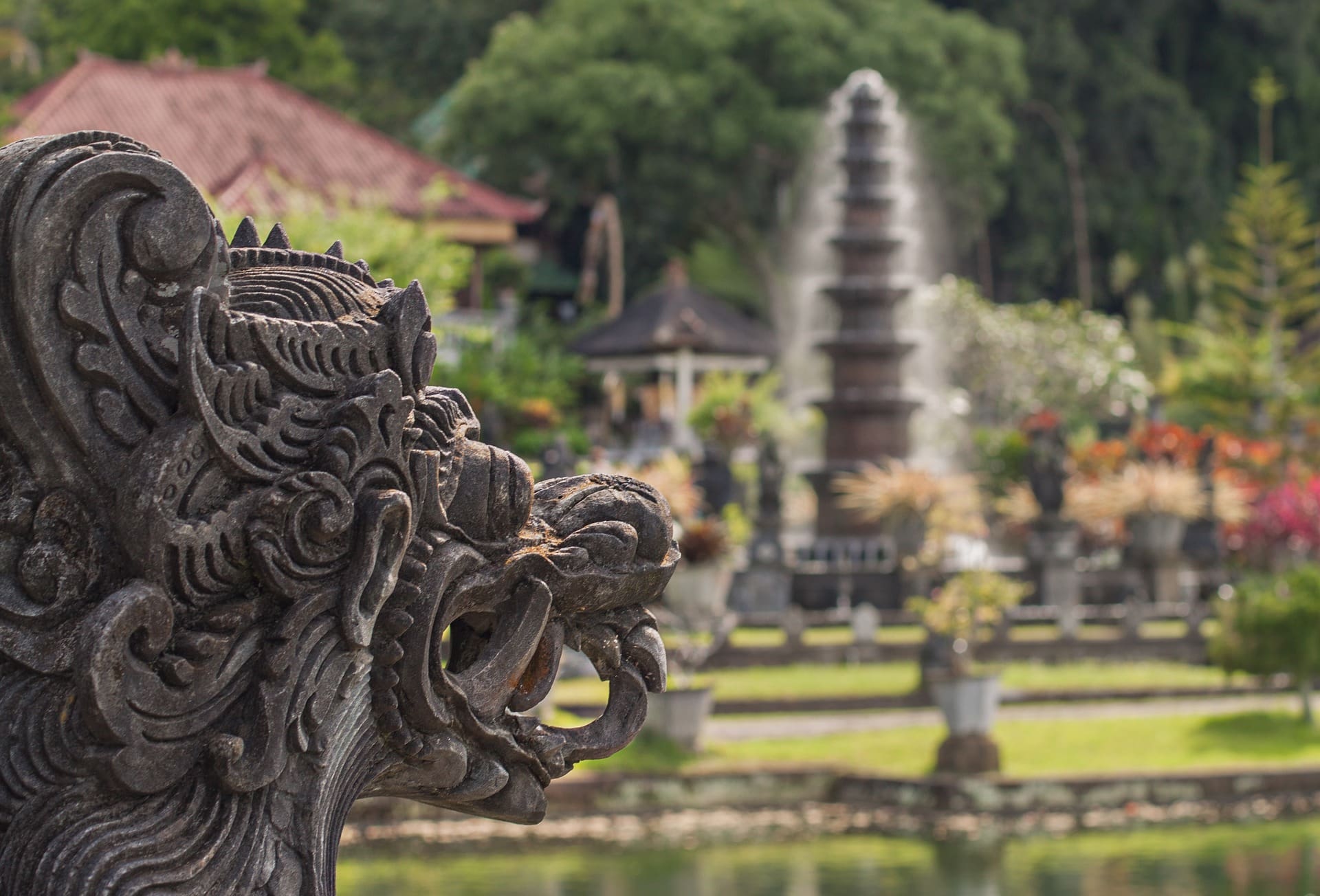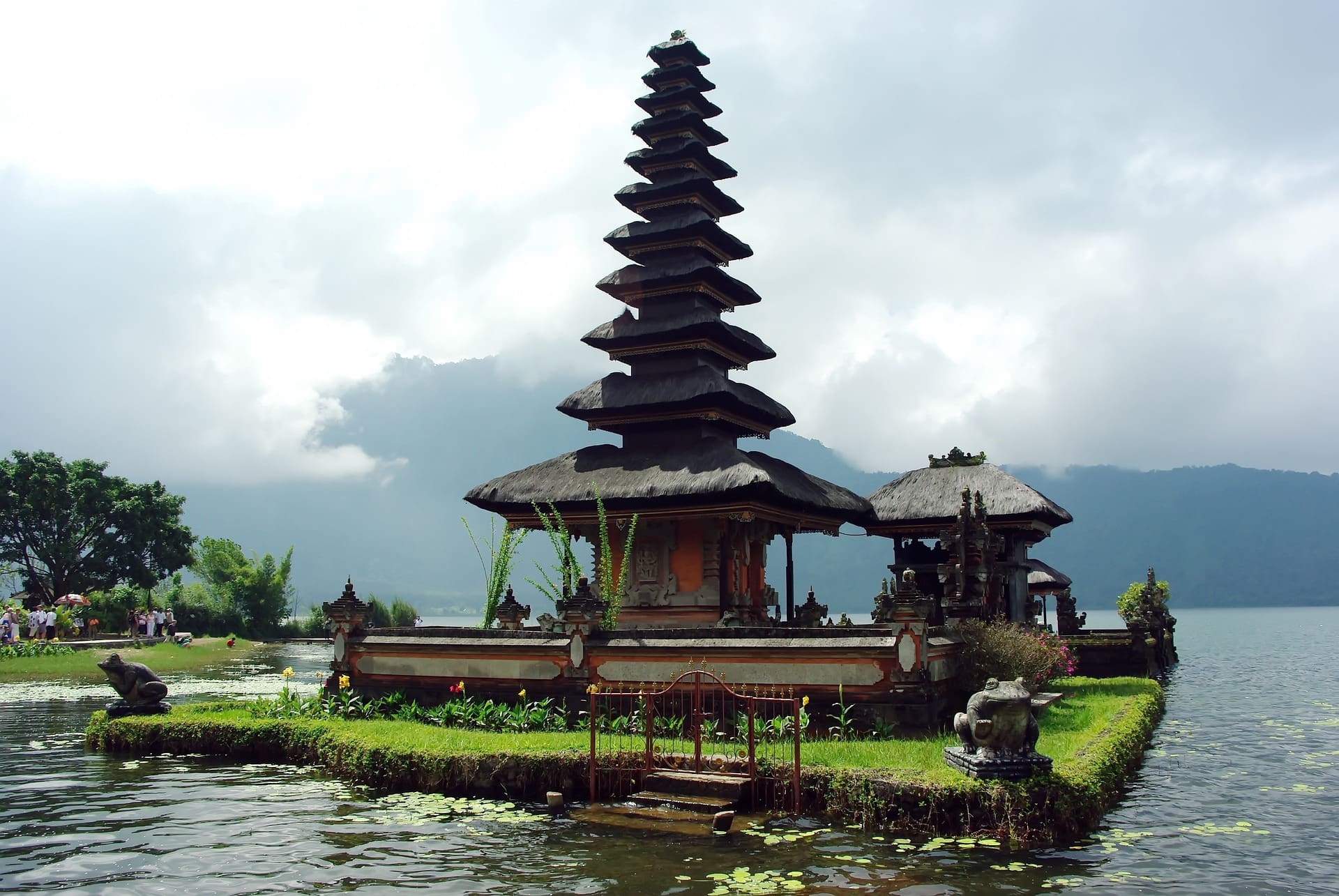Indonesia
archipelago, tropical, diverse, cultural, breathtaking
About Indonesia
Culture and Religion
Where to go
How to get there
Visa Requirements
Travelling Budget
About Indonesia
Indonesia, officially known as the Republic of Indonesia, is a vast and diverse archipelago consisting of over 17,000 islands. Located in Southeast Asia, it is the world’s largest island country and borders the Pacific and Indian Oceans. With a population of over 270 million people, Indonesia is the fourth most populous country in the world.
Indonesia is known for its breathtaking natural beauty, with lush rainforests, stunning beaches, and towering volcanoes. The country is also rich in biodiversity, housing a variety of unique and rare species. Places like Bali, Komodo Island, and Raja Ampat are popular tourist destinations.
Indonesia has a diverse cultural heritage, influenced by various ethnic groups and religions. The country is home to over 300 distinct ethnic groups, each with its own traditions and languages. The majority practice Islam, making Indonesia the world’s largest Muslim-majority country. However, there is also a significant presence of Christianity, Hinduism, Buddhism, and other religions.
In terms of cuisine, Indonesian food is known for its rich flavors and variety. Popular dishes include nasi goreng (fried rice), satay (grilled meat skewers), and rendang (spicy beef curry). The country is also renowned for its traditional batik textiles, intricate wood carvings, and vibrant cultural festivals.
Indonesia has a complex history, having been influenced by various kingdoms, colonial powers, and independence movements. The country gained independence from Dutch colonial rule in 1945 and has since grown into a thriving democracy and emerging economy. Its economy is diverse, with agriculture, manufacturing, and services sectors contributing to its GDP.
However, Indonesia also faces challenges such as poverty, inequality, and environmental issues. Efforts are being made to address these challenges and promote sustainable development.
Overall, Indonesia is a fascinating country that offers a blend of natural beauty, cultural diversity, and a rich historical background.
Culture and Religion
Indonesia is a country known for its rich and diverse culture, shaped by a multitude of ethnic groups and religions. With over 300 distinct ethnic groups, each with its own customs, traditions, and languages, the country embodies a harmonious mix of cultural practices.
The influence of religion is pervasive in Indonesian culture. The majority of Indonesians practice Islam, making it the world’s largest Muslim-majority country. Islam plays a significant role in shaping everyday life, cultural traditions, and societal norms. Mosques are prevalent throughout the country, and the call to prayer can be heard in cities and remote villages alike.
In addition to Islam, Indonesia is home to various other religions, including Christianity, Hinduism, Buddhism, and traditional indigenous beliefs. Each religion contributes to the cultural fabric of the nation, with religious festivals and traditions celebrated throughout the year. For example, Eid al-Fitr, Christmas, Vesak, and Nyepi are widely observed national holidays.
The arts, literature, and performing arts also hold great importance in Indonesian culture. Traditional forms of music and dance, such as gamelan and wayang kulit (shadow puppetry), showcase unique artistic expressions. Batik, a traditional textile art form, has gained recognition as a UNESCO Intangible Cultural Heritage of Humanity.
Indonesian cuisine is another significant aspect of the country’s culture. With influences from various regions and ethnicities, Indonesian food offers a range of flavors and dishes. Staples like nasi goreng (fried rice), satay (grilled skewers), and rendang (spicy meat curry) are enjoyed throughout the archipelago.
Despite its vast diversity, Indonesia’s culture fosters a spirit of unity and tolerance. The national philosophy of “Bhinneka Tunggal Ika” (Unity in Diversity) reflects the country’s commitment to embracing differences and promoting harmonious coexistence among its diverse population.
Where to go

Bali
Known as the “Island of the Gods,” Bali is a popular tourist destination offering stunning beaches, vibrant culture, and lush landscapes. Explore iconic temples like Uluwatu and Tanah Lot, enjoy water activities in Nusa Dua, immerse yourself in Ubud’s arts and crafts scene, and witness breathtaking sunsets in Seminyak.

Borobudur Temple
Located in Central Java, Borobudur is the largest Buddhist temple in the world and a UNESCO World Heritage site. This ancient masterpiece showcases intricate stone carvings and offers a spiritual experience as you ascend its multiple levels to admire panoramic views of the surrounding countryside.

Komodo National Park
Home to the famous Komodo dragons, this national park is a must-visit for nature enthusiasts. Embark on a guided tour to see these prehistoric reptiles up close, snorkel in pristine coral reefs, and hike to picturesque viewpoints.
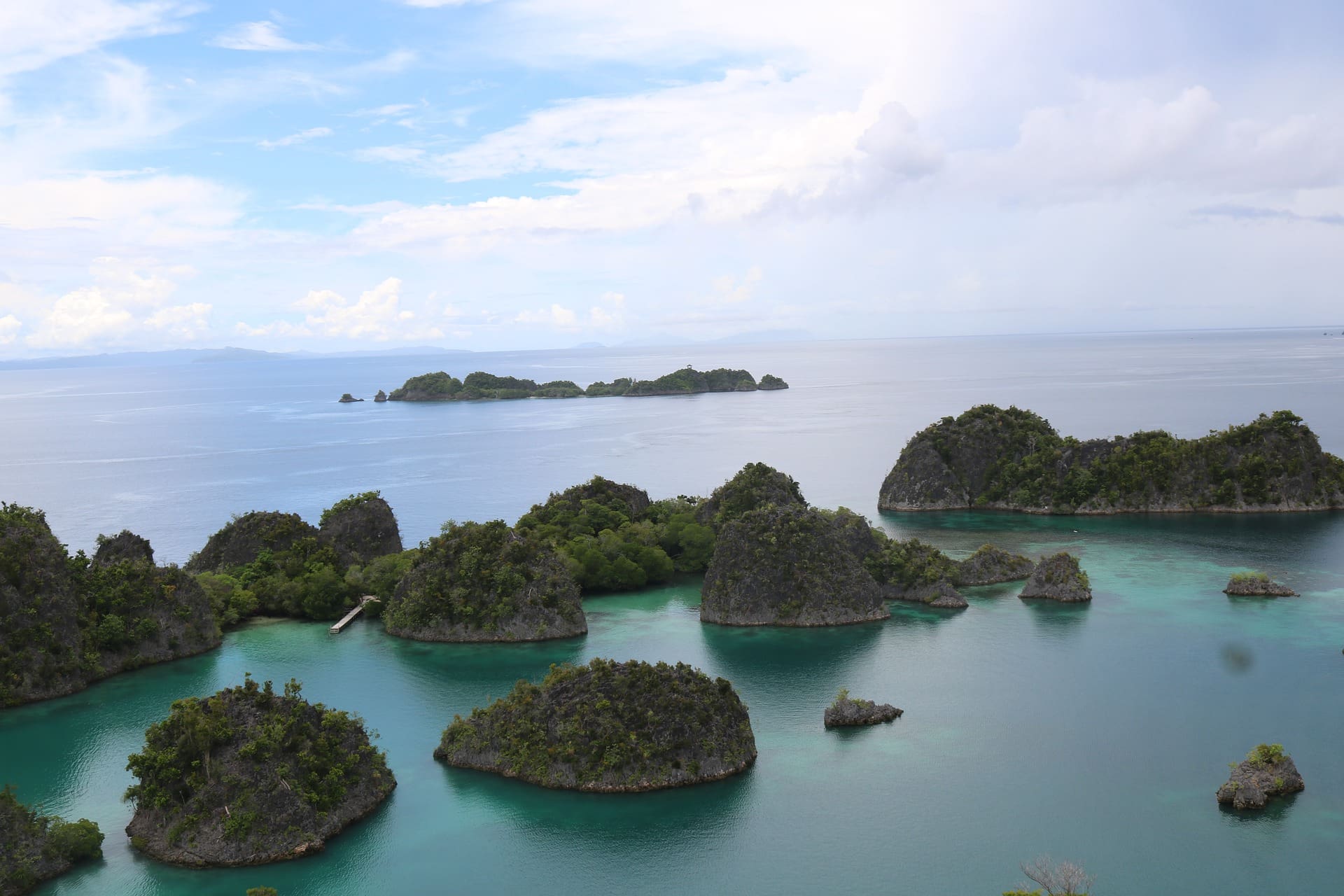
Raja Ampat
Located off the coast of West Papua, Raja Ampat is a paradise for divers and nature lovers. It boasts some of the most diverse marine ecosystems in the world, with vibrant coral reefs, colorful fish, and unique aquatic species. Discover hidden lagoons, go snorkeling or diving, and soak in the stunning natural beauty.
Note: These are just a few highlights of the many incredible destinations Indonesia has to offer. From its captivating cultural heritage to its breathtaking natural wonders, there is something to cater to every traveler’s interests in this diverse and enchanting country.
How to get there
Getting to Indonesia is relatively easy thanks to its well-connected transportation infrastructure and numerous international airports. There are several ways to reach Indonesia depending on your location and preferences.
The primary gateway to Indonesia is Soekarno-Hatta International Airport (CGK) located in Jakarta, the capital city. It is one of the busiest airports in Southeast Asia, serving as a major hub for both domestic and international flights. Many airlines operate regular flights to Jakarta from various cities worldwide.
If you are traveling from neighboring countries such as Singapore, Malaysia, or Australia, you can also consider flying directly to other major airports in Bali (DPS), Surabaya (SUB), or Medan (KNO), among others.
Alternatively, if you prefer a more scenic route, you can opt for sea travel to Indonesia. Major ports such as Tanjung Priok in Jakarta, Tanjung Perak in Surabaya, and Belawan in Medan are served by international cruise ships and ferries from neighboring countries.
Once in Indonesia, there are internal flights connecting different cities and islands, making it easier to explore the vast archipelago. Domestic airlines, such as Garuda Indonesia, Lion Air, and AirAsia, operate frequent flights between major cities.
It’s important to check visa requirements before traveling to Indonesia, as they vary depending on your nationality. Many countries have visa-free or visa-on-arrival options, allowing visitors to stay for a specific period. However, some nationalities may need to apply for a visa in advance.
Overall, Indonesia offers several transportation options to reach its shores, ensuring that travelers can access this vibrant and beautiful country from various parts of the world.
Visa Requirements
Visa requirements for Indonesia vary depending on your country of citizenship. Indonesia offers different types of visas to accommodate various purposes of travel. Here are some common visa options:
1. Visa Exemption: Citizens of certain countries are eligible for visa-free entry, allowing them to stay in Indonesia for a specific period of time without a visa. This is typically for tourism purposes and can range from 30 to 90 days, depending on the country.
2. Visa-on-Arrival (VoA): Some nationalities can obtain a visa upon arrival at designated entry points in Indonesia. VoA allows for a stay of up to 30 days and can be extended once for an additional 30 days. This visa is typically for tourism or business purposes.
3. Tourist Visa: If your stay in Indonesia exceeds the allowed visa-free or VoA period, you may need to apply for a tourist visa in advance. This visa allows for a longer stay, usually up to 60 days, and can be extended for an additional 30 days. It is suitable for tourism, family visits, or non-business purposes.
4. Social/Cultural Visit Visa: If you plan to visit relatives or friends, participate in cultural activities, or attend conferences in Indonesia, you may need to apply for a social/cultural visit visa. This visa is valid for up to 60 days and can be extended for up to four times, with each extension granting an additional 30 days.
5. Business Visa: If your visit involves business activities such as conferences, meetings, or negotiations, you will need to obtain a business visa. There are various subcategories of business visas, each with specific requirements and durations. Business visas are typically valid for 60 days and can be extended.
It’s important to check with the Indonesian embassy or consulate in your home country for the most up-to-date and accurate information about visa requirements and application procedures. Each visa has specific conditions, including passport validity, proof of onward travel, and financial requirements, so be sure to fulfill all necessary criteria before planning your trip to Indonesia.

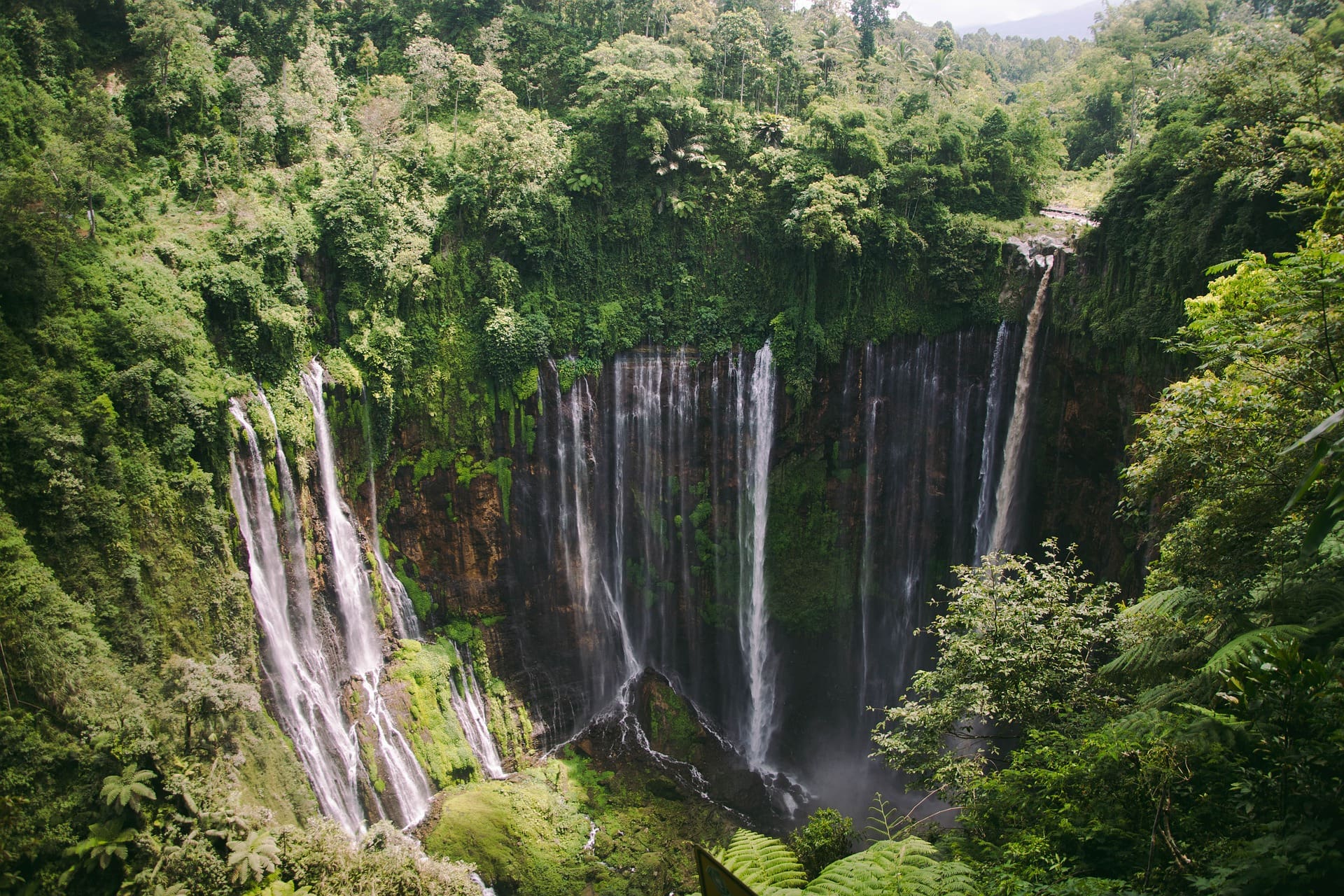
Travelling Budget
The cost of traveling in Indonesia can vary greatly depending on various factors such as your travel style, accommodation choices, transportation options, and activities you plan to engage in. However, Indonesia is generally considered to be an affordable destination for travelers.
Accommodation: The cost of accommodation in Indonesia can range from budget guesthouses and homestays to luxury resorts. Budget travelers can find decent accommodations for as low as $10-20 per night, while mid-range options can range from $30-60 per night. Luxury accommodations can go upwards of $100 per night or more.
Food: Indonesian street food and local warung (small restaurants) offer affordable and delicious options. A meal from a local eatery can cost around $1-5, while dining in mid-range restaurants can range from $5-15 per meal. Fine dining or international cuisine restaurants may be more expensive, with prices starting from $20 per meal or more.
Transportation: Public transportation, such as buses and local minibusses called angkot, is very affordable in Indonesia. Domestic flights can vary in price depending on the route and time of booking but can be reasonable. Trains and ferries are also cost-effective options for getting around.
Activities: Entrance fees to tourist sites, national parks, and attractions in Indonesia can vary. Some popular tourist spots may have higher entrance fees, while others are more affordable or even free. Be prepared to budget for additional expenses if you plan to engage in adventure activities or take private tours.
Overall, a daily budget for a budget traveler in Indonesia can range from $30-50 per person, including accommodation, meals, transportation, and some activities. With a mid-range budget, expect to spend around $60-100 per person per day. Of course, these numbers can fluctuate depending on personal preferences and the specific locations you visit.
It’s essential to plan your budget accordingly and account for any additional expenses such as visas, travel insurance, souvenirs, and unexpected costs. Researching and comparing prices, as well as trying local and more affordable options, can help you make the most of your budget while exploring the wonders of Indonesia.
What makes your journey easier
Everything you need to know about what to bring to make your travels easier, more safe and fun
Be Mindfull
Gadgets
Gear
Insurance
Visa


